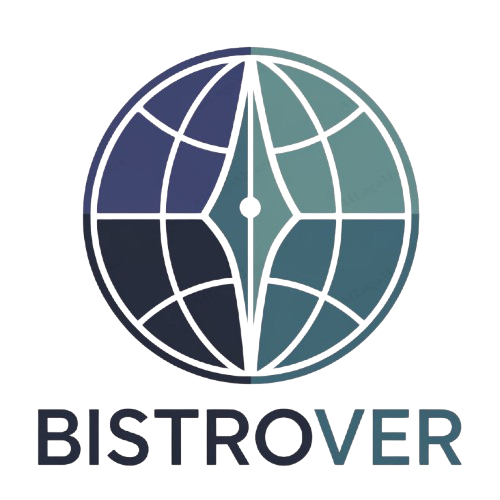Pros and cons of a gambling license in Costa Rica 2025
Online gambling platforms, crypto online casinos, and even Web3 projects are all looking at Costa Rica as a beneficial licensing option in 2025. The country has a business-friendly environment and practically gives licensed entities free rein in self-governing. But is everything that simple? Explore the main pros and cons of a gambling license in Costa Rica and make your decision about registering an online gambling or a GameFi project in the country.
What is a Costa Rican gambling license, and how does it differ from licenses in other jurisdictions?
A Costa Rica gambling license is unique in a way that it provides favorable and encouraging licensing conditions for any legal entity that wishes to be registered in the country. Although there is no specific legislation that would govern online gambling and adjacent activities in the country, businesses in the sector are advised to secure a license to avoid possible legal repercussions later. Under the gambling license in Costa Rica, your company can operate in full legality as long as it does not offer any gambling services to Costa Rican residents.
What are the main advantages of obtaining a gambling license in Costa Rica in 2025?
Generally, Costa Rica is not considered to be a heavily regulated jurisdiction for gambling businesses. There are no industry-specific taxes or audits for compliance, as well as no restrictions on activities except for the prohibition of providing online gambling services to local residents. The main advantages of this license are cost-effectiveness (minimal licensing and renewal fees), tax benefits (no corporate income taxes or VAT), ease of setup (minimal paperwork and fast process), and flexibility of operations thanks to the absence of stringent online gambling regulations.
What potential challenges or disadvantages might operators face when choosing Costa Rica for their gambling license?
The lack of specific online gambling legislation in Costa Rica creates a certain degree of regulatory uncertainty for businesses registered in the country and potential investors alike. Although the Commercial Code of Costa Rica (Código de Comercio), which explains the possible business models and licensing conditions for each, exists, it doesn’t create a comprehensive framework that would increase Costa Rica’s prestige on the global online gaming scene. In addition, banks tend to be reluctant to work with gambling businesses registered in Costa Rica exactly due to the vagueness of their reputation.
How has the regulatory environment for gambling licenses in Costa Rica evolved in recent years, and what changes are expected in 2025?
While Costa Rica’s gambling industry has remained relatively unregulated, there has been increasing pressure to align with global standards, particularly regarding anti-money laundering (AML) and counter-financing terrorism (CFT), as well as overall player protection. As of 2025, no significant regulatory changes are yet set to take place, though the pressure to comply with international standards in online gambling regulation is likely to drive the country’s legislative decisions in the upcoming year.
What types of gambling operations are permitted under a Costa Rican license?
Costa Rica is perceived as an offshore hub of innovation in such spheres as online gambling, crypto gambling, GameFi, and Web3, as the country provides licenses (both gambling and crypto) for all these projects. Under the gambling permit in Costa Rica, it is possible to launch an online casino, a sports betting platform, a lottery, or a play-2-earn platform. However, the jurisdiction is most popular for GameFi startups as its gambling license perfectly aligns with the local crypto permit.
Read more : How Technology is Changing the Game of Volleyball
How does the cost of obtaining and maintaining a gambling license in Costa Rica compare to other popular jurisdictions?
Costa Rica is an offshore jurisdiction that is known for extremely low licensing and renewal fees compared to other offshore countries and even its traditional “onshore” counterparts. In addition, online gambling companies in the country are exempt from any form of tax. Finally, Costa Rica does not oblige its licensed entities to provide regular financial reports, which makes income generation easier and more effective.
What should businesses consider before applying for a gambling license in Costa Rica in 2025?
Before applying for a gambling license in Costa Rica in 2025, consider all the benefits and possible downsides of this legal permit for your business. Analyze whether your target markets accept a Costa Rican license and what their general attitude towards this jurisdiction is like. Then, look into banking and payment processing options as your company might require a bank account for corporate expenses. Finally, evaluate all the reputational risks you might face due to the self-regulatory nature of Costa Rica’s framework. And remember, while Costa Rica offers exceptionally lenient licensing conditions to online gambling businesses, the international attitude to its practically nonexistent framework remains volatile.







